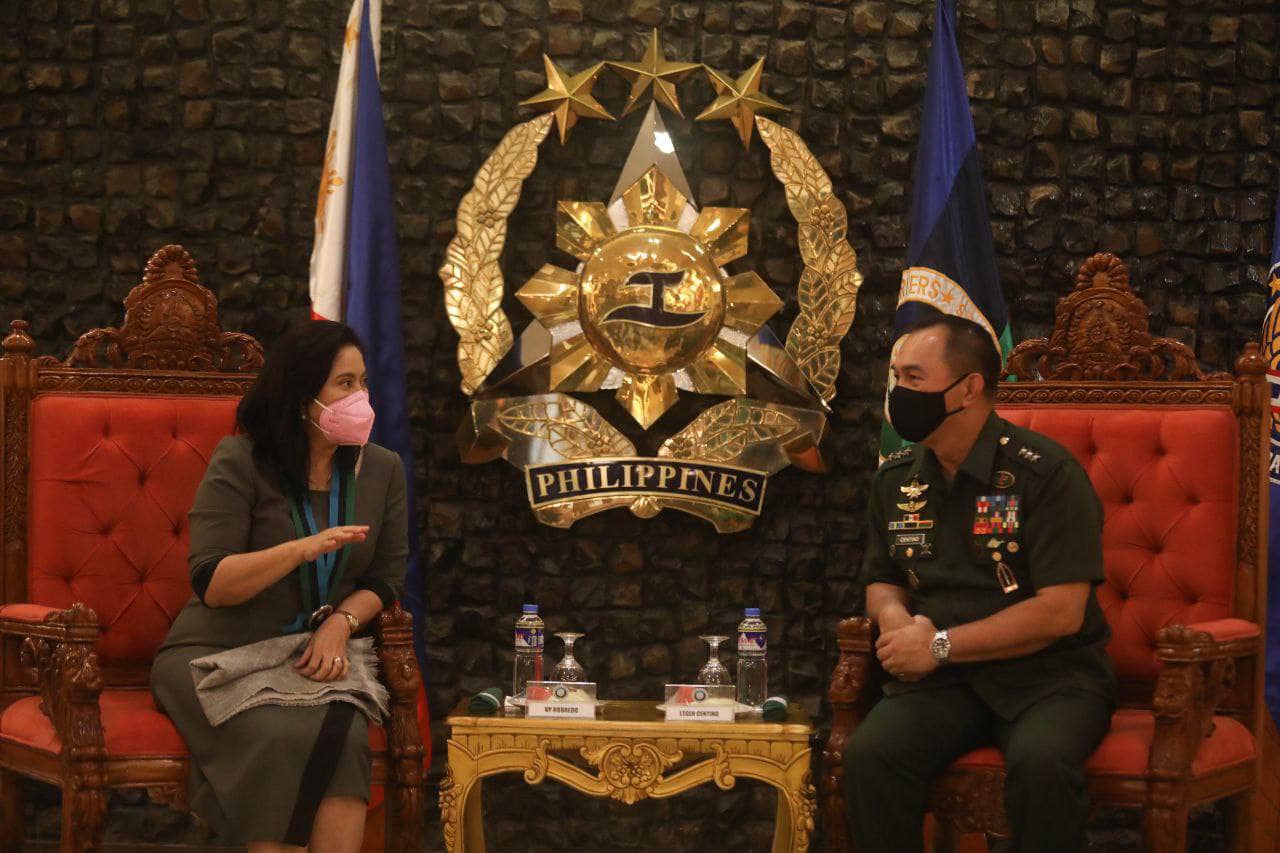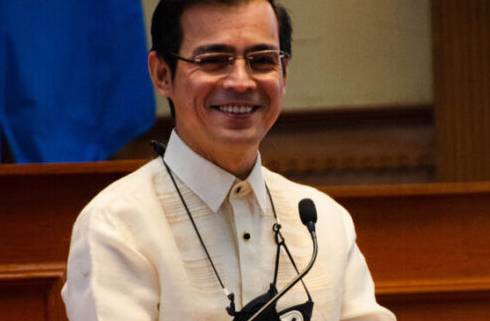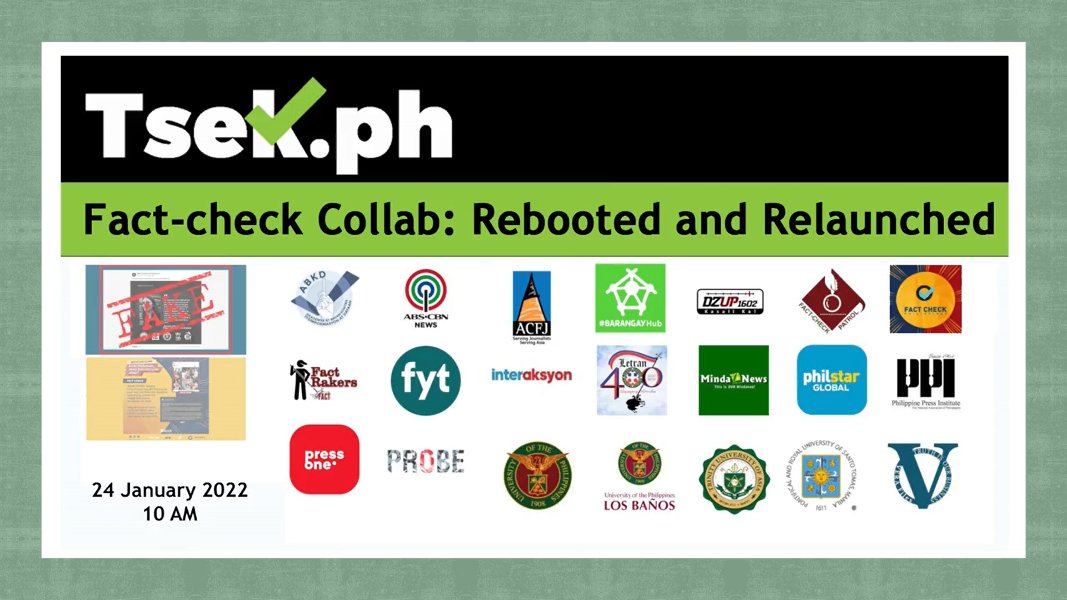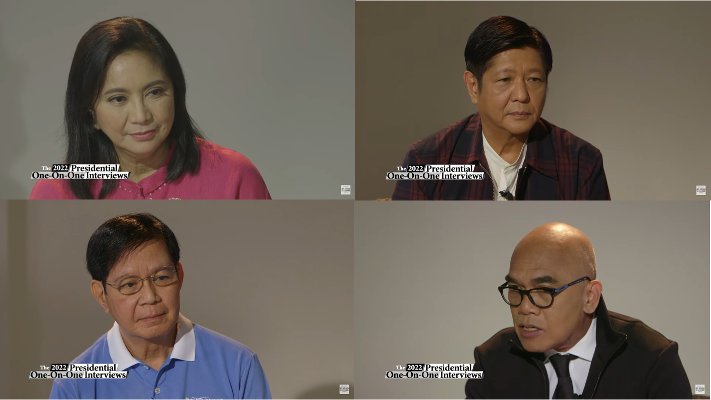How many of you have given this a thought: what would you have asked the presidential candidates had you been in the shoes of Jessica Soho – or even Tito Boy Abunda, for that matter?
I have, and while my initial line of thinking was to pattern my questions along almost the same lines as the two TV hosts had done -have a questionor two for each of the specific areas of concern in our existence (Economy, Health, Education and Pornhub) – I have come to the conclusion that I would have asked them a totally different set of questions in order to elicit from them answers that I believe should be far more fundamental to us as bases for making a decision in May of this year.
I would have actually zeroed in on asking them what their conceptions were and understanding are of the following: Democracy. Representative Democracy. Rule of Law. Public Service. Public Office. Or even Public Funds.
The more I think about it, the more I am convinced that I will be far better served by hearing them explain what these words, concepts or principles mean to them, and how they have lived them or intend to live them as President of the Philippines. From where I sit, these are far more important than many other important issues that beset us today. Because issues come and go, but these concepts or principles are so basic to our socio-political compact as currently evidenced by the 1987 Constitution that we need to be clear that we are on the same page before going any step further.
So this is how I would start off with my questioning. “The elections in May is all about the citizen’s exercise of his most basic right and power as an elector and you are vying for that vote. What, to you, does Democracy mean, and why should democracy be important to the Filipino?”.
My second question would be about representative democracy: “If you are elected President of the Philippines you will be the public face of the Filipino nation, the highest representative of the Filipino people. How do you intend to demonstrate to your constituents that during your whole term in office, you recognize that you are a Servant-Leader and not a Ruler, and that every act you take or every word you utter is in accordance with this relationship.”
I would then ask them: “What do you understand “Rule of Law” to mean? How will your administration uphold this principle?”
Then maybe I would lump together my questions on Public Service, Public Office and even Public Funds: “Democracy and Representative Government come to life through Public Service with the President as the highest ranked Public servant. And it is to you that the people entrust Public Funds to be spent in a manner that advances the national interest. What steps will you take if you are elected President of the Philippines to ensure that your administration will be marked by dedicated public service and the judicious use of public funds?”
A follow up could be “Is Government a necessary evil? What should its role be in the building of our nation and the development and progress in the lives of individual citizens?”
I can imagine that if I were to host an interview with these questions my viewership would drop as the night wore on. They are not sexy questions. They are not questions that would excite a Marites or a Maricon. And that’s unfortunate. Because I sincerely believe that we need to first understand what each of the aspirants’ understanding are of the key principles in our democratic system, an important first step before even moving on to considering them for the highest office of the land.
Before you even tell me how you wish to tackle environmental problems, or address OFW concerns, or tackle COVID or reduce the time Filipinos spend on Pornhub, tell me first what your understanding is of democracy and representation and rule of law and all that.
You see, not too long ago someone thought that the best way to solve one issue besetting society was just to wantonly kill people. That can happen again if we are not clear about the fundamentals and focus only on the day-to-day problems at hand with an “end-justifies-means” mentality.
In fact I’d even maybe start off differently. I’d start off by giving my interviewees a printed copy of the 1987 Constitution and ask them 1) have you read this from cover to cover? 2) Should Filipinos read this from cover to cover? And then I’d throw this in: 3) Why do you think was the article on the Legislative(Article VI) placed ahead of the article on the Executive (Article VII) which is ahead of the article on the Judiciary (Article VIII) – what, if any, is the meaning to this order?
I would be floored if an aspirant to the highest elective office has not yet read our Basic law from cover to cover – but I am afraid this may be so!
This is my greatest frustration, actually: most Filipinos are rushing to judgment on individuals we know little about beyond what we read about them on social media or are told about them by our Marines and Maricon friends. Very few of us are making the effort to get them to reveal more about themselves, not on details of programs and projects that policy wonks love to hear about, but on their understanding of what their relationship is to you or me individually and to all of us collectively.
We are not taking the effort to get them to disclose their philosophical and practical understanding of Government (and governance, good or bad); of citizenship; of the basic freedoms especially liberty and free speech; or their thoughts on diversity and individualism and even dissent and how these all enrich democracy. And so here we are carried away by momentum or passion campaigning for one or the other, only to find out later that the candidate we are passionate about intends to solve the issue of widespread poverty (or illiteracy, or dissent) by sending more people abroad – or to their graves.
That’s happened before, and should never happen again.
But it will, if we don’t ask the right questions, the fundamental ones.
Cyberporn can wait.
The views in this column are those of the author and do not necessarily reflect the views of VERA Files.





